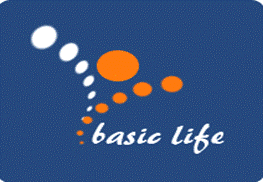
Get details of the the latest news, courses and events at the Women's centre by signing up for our email newsletter
Get details of the the latest news, courses and events at the Women's centre by signing up for our email newsletter
Looking to further yourself? gain a new skill? Click here to view the various courses and classes offered by BWC.
Interested in reading the BWC Annual Report for 2014-2015? Click here for more information.
 The family plays an important role in education. Research has found that parental involvement in their children's learning can have a positive impact on their academic performance. Family learning also plays an important role in engaging parents and grandparents who have dropped out of the lifelong learning process, thus breaking intergenerational cycles of disengagement.
The family plays an important role in education. Research has found that parental involvement in their children's learning can have a positive impact on their academic performance. Family learning also plays an important role in engaging parents and grandparents who have dropped out of the lifelong learning process, thus breaking intergenerational cycles of disengagement.
Key aims of this project are:
1. To support and motivate disadvantaged families to improve their knowledge and competencies in ICT (Web 2.0)
2. To increase the role of the family as the main vector for social development
3. To facilitate and encourage family members to learn together
Target group
This project will target disadvantaged families with little or no IT knowledge and who will benefit from learning new technologies
The target group will include all types of families:
Project partners
Visit the project website: http://www.srep.ro/basic-life/index.php?pg=about
This project has been funded with support from the European Commission Lifelong Learning Programme.